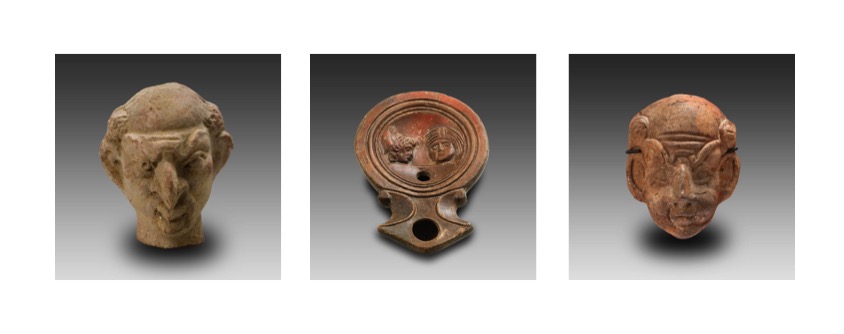
Athens, 6th century B.C.; Pisistratus the tyrant, who then reigned supreme in the Greek city, institutes a tragedy competition during the Greater Dionysia, celebrated annually in early spring. The plays of Aeschylus, Sophocles and Euripides enjoy a considerable success, attracting a large audience in the amphitheaters.
Over 2,000 years later, another society, other customs; yet these ancient texts continue to exert the same fascination on the spirit of our time.
How to explain such keen, perennial interest?
The fact that Greek tragedy is the roots of our Western culture is probably no stranger to this fascination, nor the mystery that still surrounds its origins and history. Tragedy’s golden age ended around the late 5th century B.C. already, and it is less than 10% of the plays performed at these tragedy competitions that have survived up to modern times. As beautifully expressed by Jacqueline de Romilly: “It was […] a sudden, brief, dazzling outbreak. Greek tragedy, with its harvest of masterpieces, lasted a total of eighty years.”
However, beyond these archaeological considerations, it is clear that these plays have not aged in 25 centuries, and that the words composing them remain powerful. It is therefore not surprising that Greek tragedies have inspired so many authors. Early on, the Romans dramatists and those of the Renaissance reinvented the favored themes of the Greek tragedians. Then Shakespeare, Racine and, closer to us, Anouilh, Cocteau or Bauchau rewrote the destinies of the mythical heroes of antiquity, not to mention the many opera libretti which feature the topics and characters of Greek Classical theater.
The ambivalence of Greek tragedy heroes
Greek tragedy portrays famous figures, torn by passions that lead them to act contrary to their conscience. Despite an underlying ambivalence, the fact that these heroes are burdened by fate arouses pity and terror among the audience. The pathos is caused by the gap between the hopes of the protagonist, who tries to escape his fate, and the viewer’s awareness of the futility of such efforts. In the words of Jacqueline de Romilly, “the epic recounted: the tragedy showed. […] In tragedy, indeed, everything is there, under the eyes, real, close, immediate. We believe in it. We are afraid.”
In the plays of Aeschylus, the heroes are instruments in the hands of the gods; they struggle in vain against fate, in magnanimous tirades however. In the works of Sophocles and Euripides, on the other hand, men have more responsibility in the conduct of events and in the misfortunes they cause.
All three authors have nevertheless in common that their literary work raises the question of man facing his destiny and desire for freedom. That is why these tragedies remain surprisingly topical, since they allow to question the man’s relationship to the world, beyond all temporal and geographical boundaries. The writings of Aeschylus, Sophocles and Euripides show how the human soul has remained the same over the centuries and remind us that passions existed since men existed.
In the end, we realize that rereading these tragic plays opens door to a world of modernity, simply because it reveals a tragically human universe.
Martine Bouilloux

